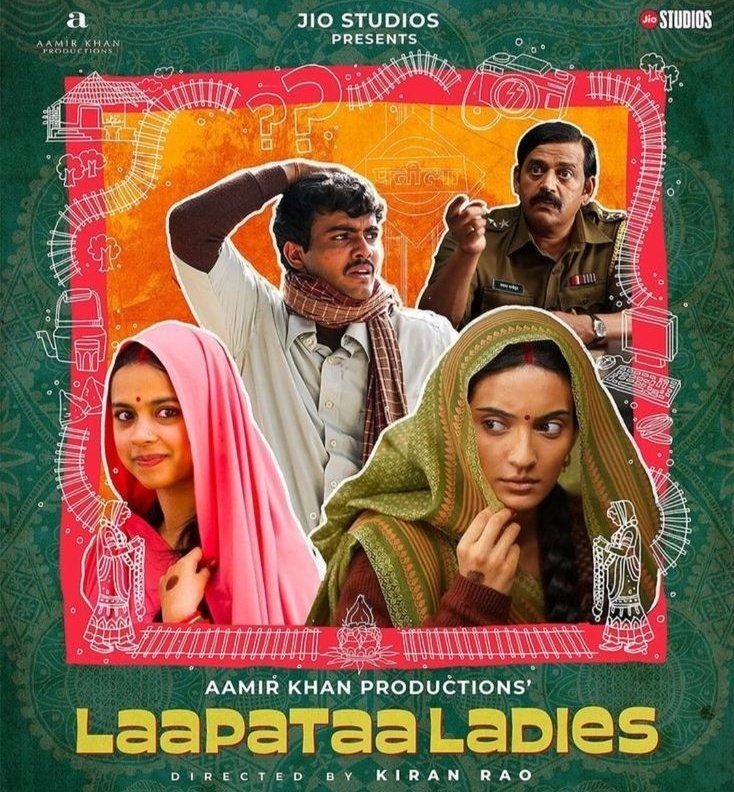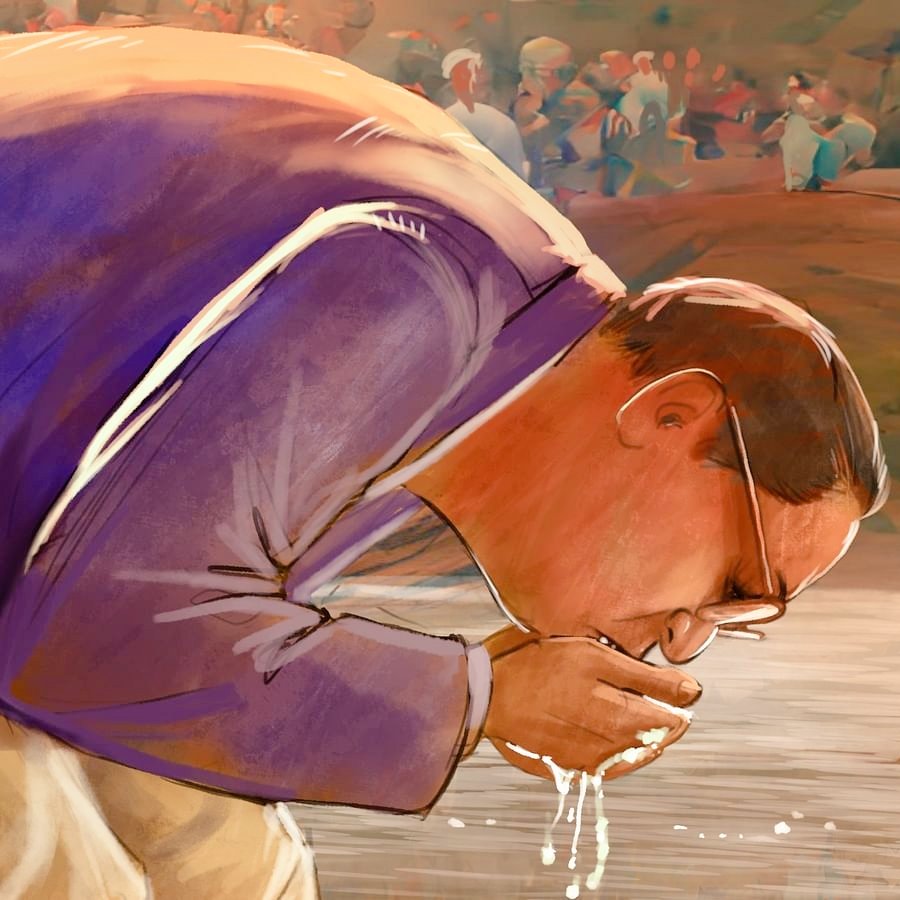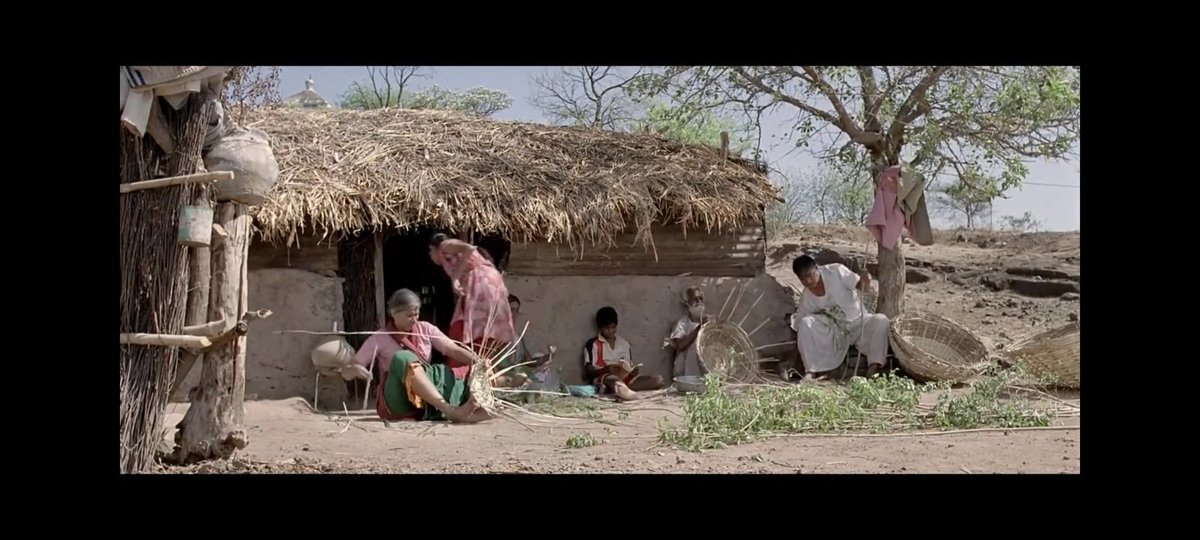Bal Gangadhar Tilak is a highly controversial figure in Indian history. Despite his revered status, it is essential to scrutinize and condemn his casteist, misogynistic, and communal views. Tilak's problematic legacy has been ignored for too long, and it is time to acknowledge… twitter.com/i/web/status/1… 
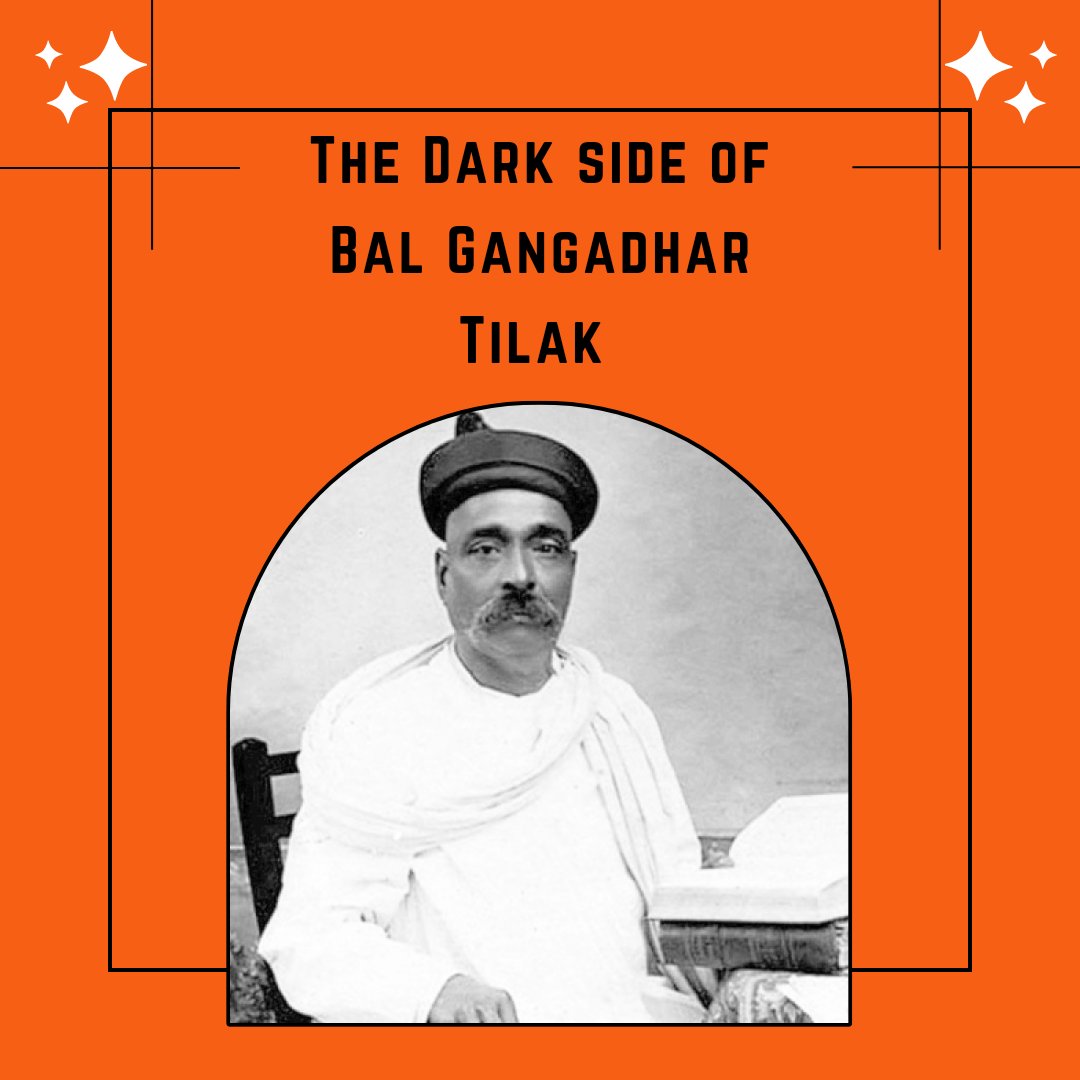
At The time when the moneylenders were imposing an interest rate between 24-36%, this event took place.
Tilak's view was pro moneylenders and against peasants.
Tilak's view was pro moneylenders and against peasants.
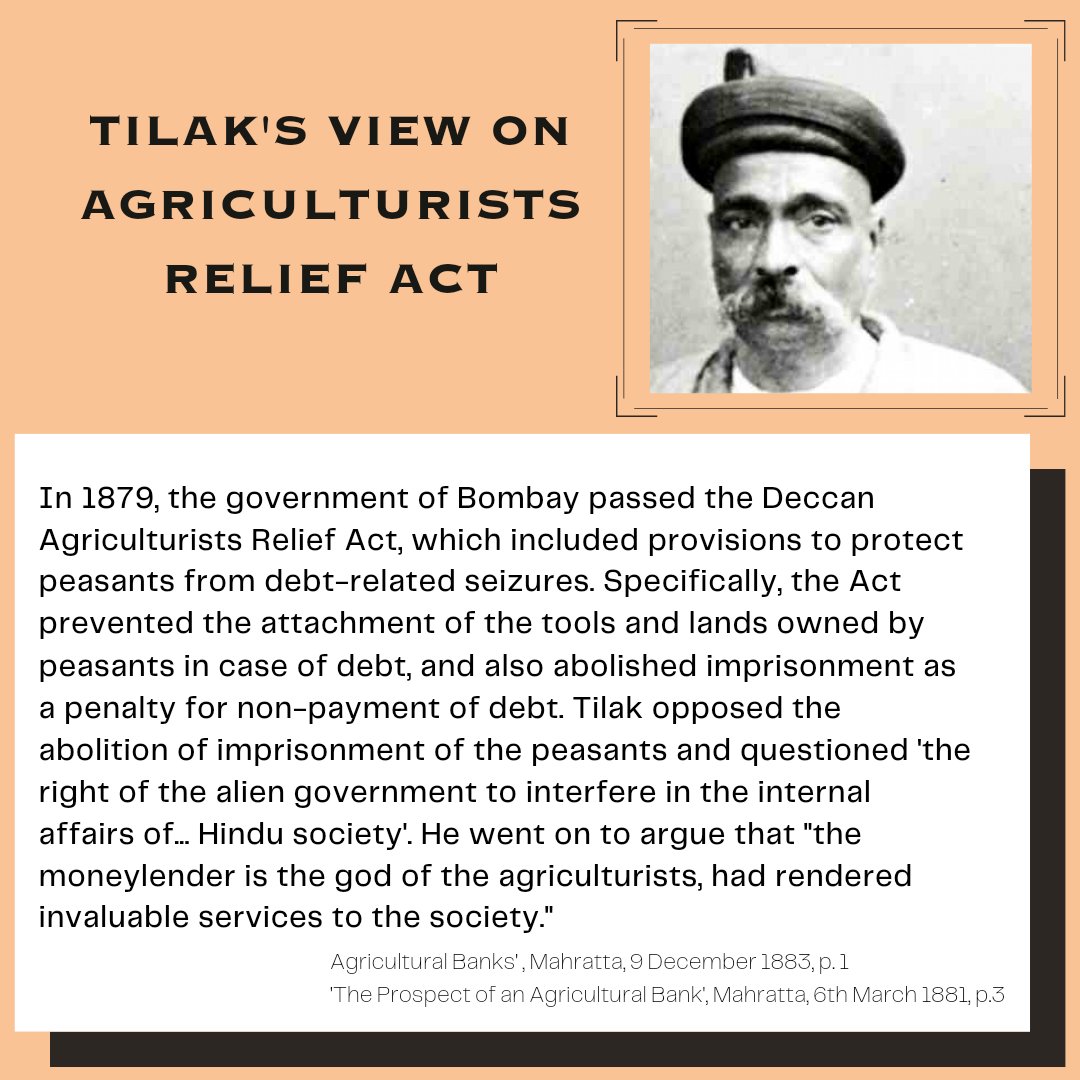
According to Tilak's argument, imparting literacy and basic knowledge in subjects such as history, geography, and mathematics to children who were not Brahmins would have negative consequences for them. He proposed that instead, these children should be taught traditional… twitter.com/i/web/status/1…
In doing so, Tilak and other elite nationalists aimed to uphold the existing social hierarchy by labeling mainstream educational curricula as inappropriate for non-Brahmin children. 

Tilak's demand was for the transfer of both missionary and government schools to the municipalities, and for the school boards to be granted full power in selecting teachers. 

The first girls' high school in Pune, which accepted students from all castes, was founded by Ranade and other reformers in 1884. Tilak viewed this as a betrayal on two fronts. 

Rakhmabai, a young educated woman, declined to engage in a marital relationship with her husband whom she had been married to as a child. Her husband, Dadaji, went to court seeking the restoration of their conjugal rights. Tilak supported Dadaji and provided legal counsel through… twitter.com/i/web/status/1…
The court ruled that Rakhmabai must live with her husband or face imprisonment for half a year. In response, the Reformers formed the Rakhmabai Defense Committee to support her.
Under the pseudonym 'A Hindu Lady', Rakhmabai initially wrote for the Times of India on topics related to child marriage & women's education. She condemned Manu's relegation of women to an inferior status, as well as Hindu men for perpetuating such a status 

Tilak deliberately overlooks the fact that divorce is not uncommon among women of the carpenter caste ( Rakhmabai's caste) and attempts to impose upper-caste rules upon them 

Due to substantial support for Rakhmabai from reformers and other groups, Tilak had to withdraw from her case. Tilak advised Dadaji to drop the matter, collect his expenses, and allow Rakhmabai to make her own decision. Dadaji agreed to abandon the case and accepted Rs. 2,000… twitter.com/i/web/status/1…
Tilak's actions in this situation can be seen as hypocritical, as he publicly denounced untouchability but did not take action to support its removal when given the opportunity.
He was also a staunch supporter of Caste system.
He was also a staunch supporter of Caste system.

In the aftermath of the 1893 riots in Bombay, which resulted in the deaths of 80 people and the arrest of 1,505 individuals, Tilak played an active role.
He accused the Muslim community of attacking Hindu temples after Jumma prayers during the riots and criticized the police for not taking adequate preventive measures against the violence.
These riots then sparked a series of communal clashes in the Deccan region, including Yeola (Nasik district) in September 1893 and February 1894, Pune in September 1894, and Dhulia (Khandesh district) in September 1895. 

If one looks into the details, one can understand that Ganesha festival was also used to counter the Satyashodhak Jalsa started by Mahatma Phule.
roundtableindia.co.in/countering-dal…
roundtableindia.co.in/countering-dal…
Bal Gangadhar Tilak and other were instrumental in setting up Poona Hindu Plague Hospital. According to its rules, low caste plague patients were not entitled to the admission and treatment into Hindu Plague Hospital! The first official report on plague mentions it.… twitter.com/i/web/status/1…
Marxist historians made Tilak a hero. Tilak had very close relations with the Indian members of the Communist Party in Britain throughout this period of his attacks on the reformists and the progressive steps being taken in the Indian society.
Tilak supported Lenin and the Russian Revolution. Soviet and Indian Marxist historians consider Tilak as the greatest leader of the Indian freedom struggle.
bbc.com/hindi/india-53…
bbc.com/hindi/india-53…
I am grateful for the help and input provided by @SanjayKumarKHR in editing this thread.
• • •
Missing some Tweet in this thread? You can try to
force a refresh











